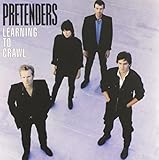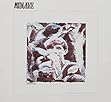Ahead of Travis’ appearance at the 9:30 Club later this evening, I thought I’d highlight a few particularly impressive Scottish bands that get less attention than they deserve.
The Trash Can Sinatras
 Initially, the name may be a little off-putting, as it’s probably more fitting for a New York-based No-Wave band than a Scottish indie pop outfit. TCS is the sonic equivalent of an accurately distilled vodka: the distractions have been left behind, but you’re still getting the real deal. The band was first brought to my attention when I heard “Freetime” on the college-rock station KEXP. Released in 2004, “Freetime” is from the album Weightlifting — the album represented a Renaissance of sorts for the band, as it was their first major release in over eight years.
Initially, the name may be a little off-putting, as it’s probably more fitting for a New York-based No-Wave band than a Scottish indie pop outfit. TCS is the sonic equivalent of an accurately distilled vodka: the distractions have been left behind, but you’re still getting the real deal. The band was first brought to my attention when I heard “Freetime” on the college-rock station KEXP. Released in 2004, “Freetime” is from the album Weightlifting — the album represented a Renaissance of sorts for the band, as it was their first major release in over eight years.
Lately, they’ve been having trouble securing concert venues in the US. Adding insult to injury, their latest release, In the Music, apparently doesn’t even have a US distributor. Rumor has it that Universal Music will soon be reissuing their entire catalog, but I’ll have to see it to believe it. Best of luck to the Trash Can Sinatras.
Belle and Sebastian
For reasons unknown, I’m not a huge fan of Belle and Sebastian, and own none of their albums. On paper, I should be enthusiastically embracing the band. They have the perfect mix of non-abrasive indie pop/twee pop, Baroque sensibilities, retro arrangements, intricate and hooky chord changes, and quirky lyrics. As an added bonus, lead singer Stuart Murdoch happens to be a Christian and is a long-time friend of Fran Healy, leader of our next band, Travis:
Travis
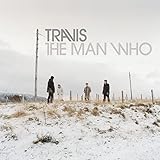 I first saw Travis in 2000 when they opened for Oasis. At the time, they were an up-and-coming band in the US and expectations were high. While my ex and I attended the concert because of her desire to hear Oasis, I read up on Travis beforehand; one particular reviewer said, in effect, that Travis, despite not being the headline band, were technically better. Oasis may or may not have been upstaged that night by the “lowly” Travis, but their performance did indeed leave quite the impression. During the past decade, it’s been a pleasure to slowly discover more and more about the band; in fact, I feel that I’ve even gotten a bit into Fran Healy’s psyche. Or at least I like to think I have.
I first saw Travis in 2000 when they opened for Oasis. At the time, they were an up-and-coming band in the US and expectations were high. While my ex and I attended the concert because of her desire to hear Oasis, I read up on Travis beforehand; one particular reviewer said, in effect, that Travis, despite not being the headline band, were technically better. Oasis may or may not have been upstaged that night by the “lowly” Travis, but their performance did indeed leave quite the impression. During the past decade, it’s been a pleasure to slowly discover more and more about the band; in fact, I feel that I’ve even gotten a bit into Fran Healy’s psyche. Or at least I like to think I have.
Honorable mention: Camera Obscura
Camera Obscura are often likened to a female version of Belle and Sebastian — I don’t think that’s an unfair comparison. They are thoroughly retro in their application of twee pop and sound mesmerizing.
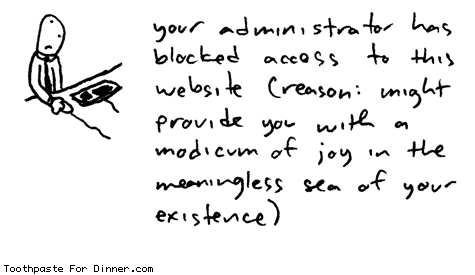 I wonder what effect — if any — Billy Graham’s Crusades and ministry had on the Catholic Church’s Second Vatican Council. Ecumenicism is a major part of Vatican II and was one of Graham’s hallmarks.
I wonder what effect — if any — Billy Graham’s Crusades and ministry had on the Catholic Church’s Second Vatican Council. Ecumenicism is a major part of Vatican II and was one of Graham’s hallmarks.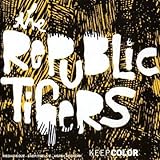



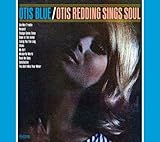
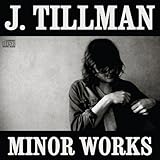
 Their overall sound is pleasing. Think of a downtuned, grungier Jimmy Eat World without
Their overall sound is pleasing. Think of a downtuned, grungier Jimmy Eat World without 
